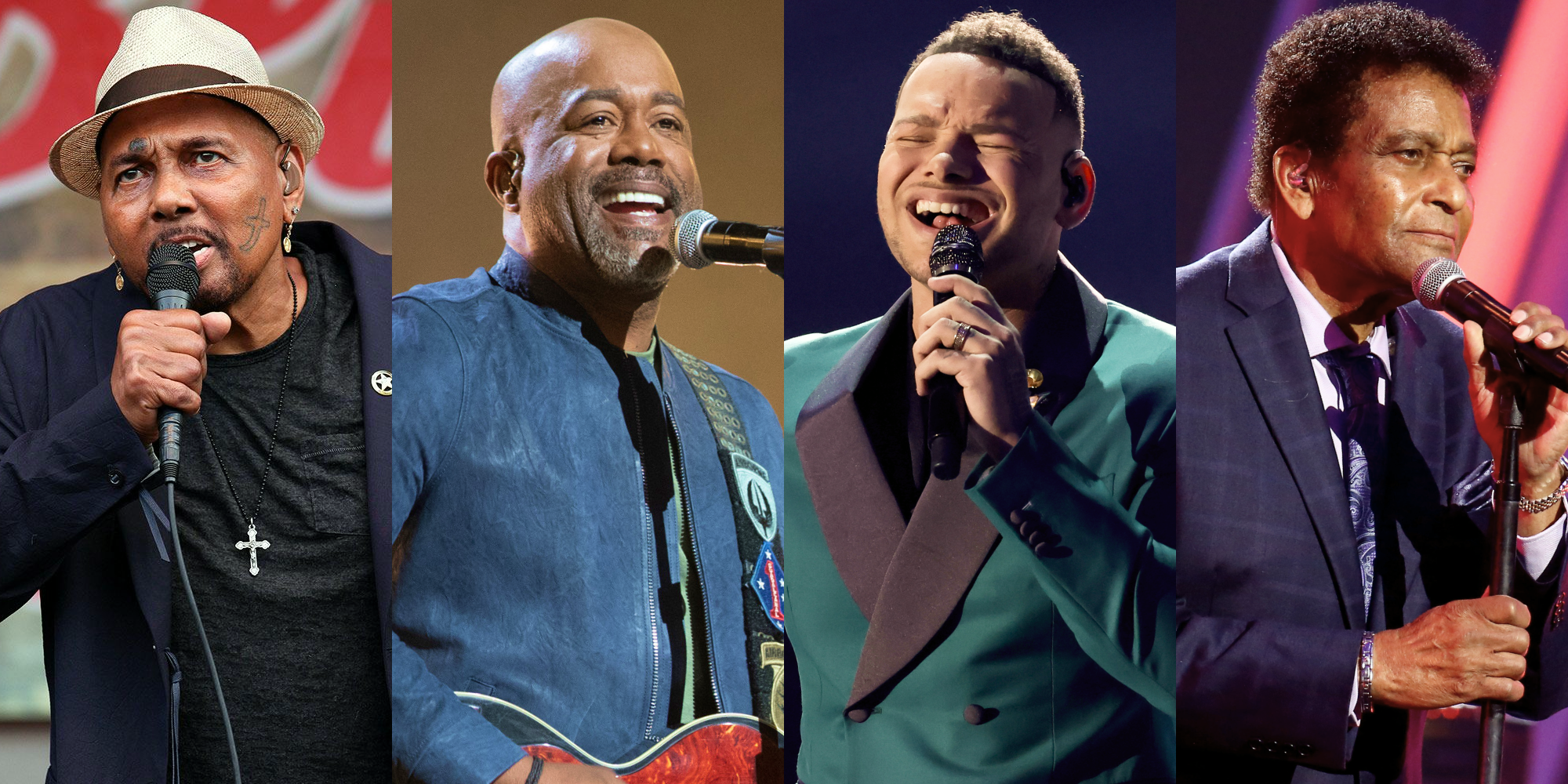
The Untold Story of Country Music: A Genre Born from Black and White Roots
Country music has long been associated with white Southern culture — cowboy hats, rural roots, and songs about heartbreak and small-town life. But behind that image lies a deeper, more complex history — one that reveals how Black artists and traditions helped shape country music from its very beginning.
Origins: A Southern Sound Blended from Many Cultures
Country music was born in the rural American South, an area where Black and white communities lived in close proximity. This led to the blending of musical traditions — including British folk ballads and African spirituals — forming a new American genre.
One of the clearest symbols of this blending is the banjo, an instrument with deep African roots. Originally brought to America by enslaved Africans, early banjos were crafted from gourds and animal skin. By the mid-1800s, white performers began adopting the banjo during minstrel shows, turning it into a mainstream part of early “hillbilly music.”
The Black Foundations of Country’s Sound
While the media and record labels began branding country as “white music,” Black spirituals, work songs, blues, and gospel deeply influenced the lyrics and sound of early country records. Some of the first hillbilly songs were either written by Black artists or adapted from Black musical traditions.
Artists like Lesley Riddle and Rufus “Tee Tot” Payne were mentors to famous white musicians — Riddle notably helped shape the Carter Family’s repertoire, and Payne taught Hank Williams how to play guitar. Yet they received little credit or recognition.
Diversity Erased by the Music Industry
By the 1920s and ’30s, segregation shaped every aspect of American life — including music. White record executives actively excluded Black artists from country music, fearing that racial integration would hurt record sales among Southern white audiences.
Even when Black artists contributed directly to early country records, they were not featured on album covers or credited in liner notes. Country music became marketed solely as a “white genre,” despite its diverse roots.
Trailblazers: Black Artists in Country’s Early Days
Despite the odds, a few Black musicians broke through. DeFord Bailey, a harmonica genius whose parents were formerly enslaved, was the first Black performer on the Grand Ole Opry in the 1920s. His songs like “Pan American Blues” captivated listeners across the South. But even Bailey’s race was hidden from radio audiences, and he was unceremoniously fired in 1941 — a reflection of the industry’s racial prejudice.
In the 1960s, Charley Pride emerged as one of the first commercially successful Black country stars. Despite his talent, he faced significant racism. Radio stations often refused to play his music once they learned he was Black, and his record covers initially omitted his image.
Yet Pride persisted — eventually becoming the first Black artist inducted into the Country Music Hall of Fame.
Modern Country: Blending Genres and Pushing for Inclusion
Today, country music is evolving. Artists are blending it with R&B, hip-hop, and pop, reflecting a wider range of cultural influences. Yet Black country musicians still face barriers, from underrepresentation on country radio to discriminatory industry structures.
Grassroots movements like the Black Opry — founded by Holly G — are working to change that. By offering performance spaces and community for Black artists in country, they aim to reclaim space in a genre Black musicians helped build.
Still, Holly G points out that challenges remain:
“As a country music fan, I don’t feel safe in country music spaces… It doesn’t surprise me that Black people are hesitant to be part of this space.”
And perhaps the most underrepresented voices of all? Black women. The first to gain commercial success in country was Linda Martell, who released Color Me Country in 1970 — but faced both racism and sexism. Today, more Black women are entering country music, though the fight for visibility continues.
Looking Forward: Honoring the Full Story
The story of country music is not just about white Southern traditions — it’s about shared struggle, musical innovation, and cultural exchange. The genre has always been about life’s hardships, resilience, and storytelling — experiences deeply rooted in both Black and white American history.
As more fans and musicians acknowledge country music’s diverse roots, the future of the genre may finally reflect its true past — and honor the Black artists who helped create it.